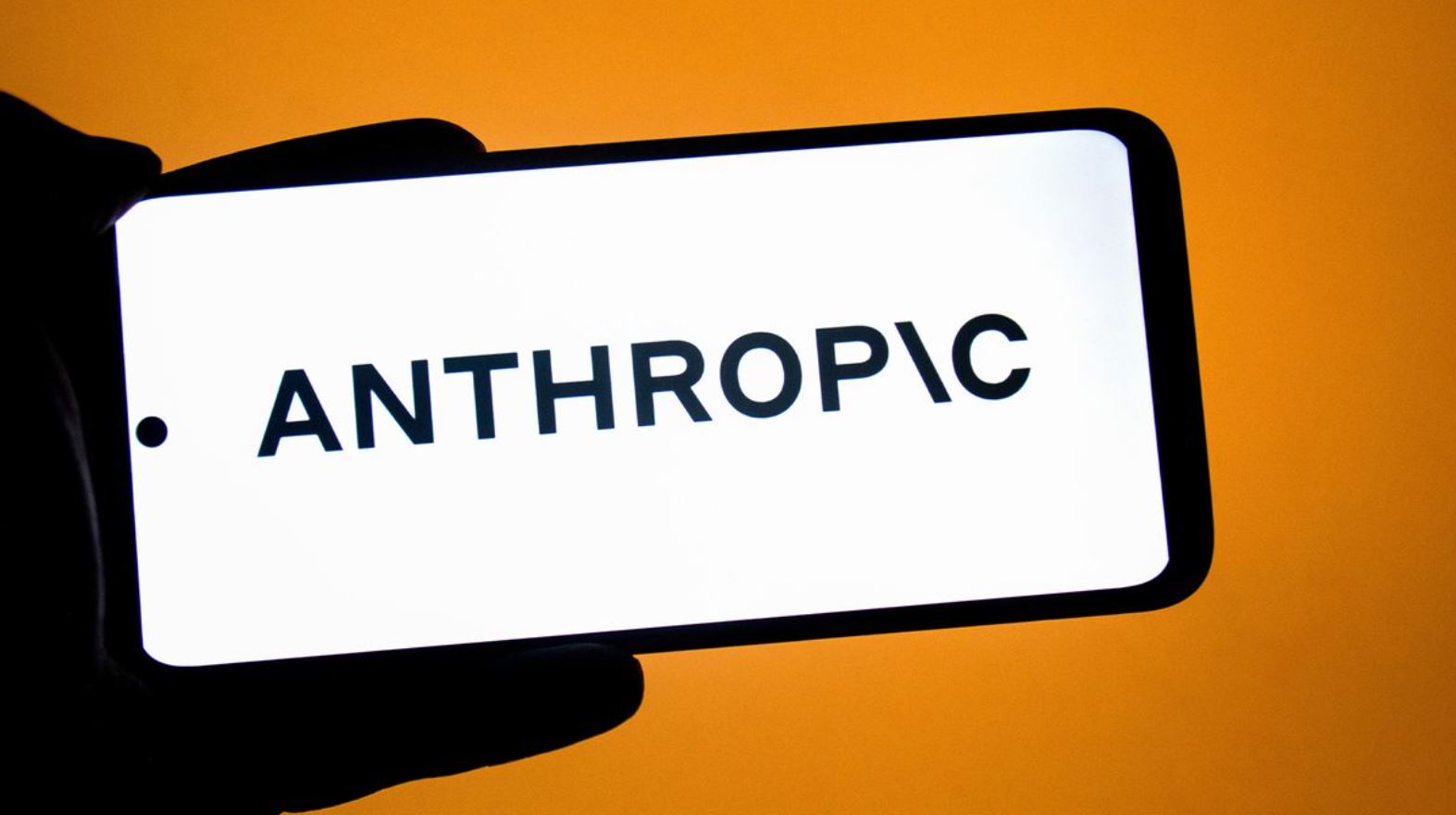 Anthropic has ramped up its AI offerings with the new Claude Opus 4.1—a smarter, more agile version of its trusted hybrid language model. If you’ve battled with clunky code or wrestled with intricate analytical tasks, you’ll appreciate how this upgrade makes your life a bit easier. Whether you’re accessing it through Claude, Claude Code, or via platforms like Amazon Bedrock and Google Cloud Vertex AI, the improvements are clear, all while keeping the same pricing as before.
Anthropic has ramped up its AI offerings with the new Claude Opus 4.1—a smarter, more agile version of its trusted hybrid language model. If you’ve battled with clunky code or wrestled with intricate analytical tasks, you’ll appreciate how this upgrade makes your life a bit easier. Whether you’re accessing it through Claude, Claude Code, or via platforms like Amazon Bedrock and Google Cloud Vertex AI, the improvements are clear, all while keeping the same pricing as before.
In recent testing, Claude Opus 4.1 scored 74.5% on the SWE-bench Verified exam—a benchmark that measures how well AI models pinpoint and fix bugs in open-source code. This jump not only outstrips its previous version but also beats OpenAI’s o-series by five points. Beyond coding, the model steps up in research and analytical tasks, tracking details more effectively and undertaking complex searches with confidence.
It doesn’t stop at programming. Claude Opus 4.1 also shines in tasks like agentic coding, visual reasoning, and even math competitions, earning high marks from experts. For instance, the now-defunct coding startup Windsurf reported a solid one standard deviation improvement on its internal benchmark for junior developers—comparable to the upgrade seen from Sonnet 3.7 to Sonnet 4.
This update arrives as OpenAI gears up to launch GPT-5, which is expected to refine skills in programming, mathematics, and other agent-based tasks. While GPT-5 might not completely overhaul the game like the leap from GPT-3 to GPT-4, Anthropic’s timely refresh with Opus 4.1 is a smart move to stay competitive. Users are encouraged to switch from Opus 4, and Anthropic even hints at some substantially larger improvements on the horizon.
If you’re keen to stay at the forefront of AI or simply need a more reliable tool for your coding and analytical challenges, this upgrade is definitely worth a look.








